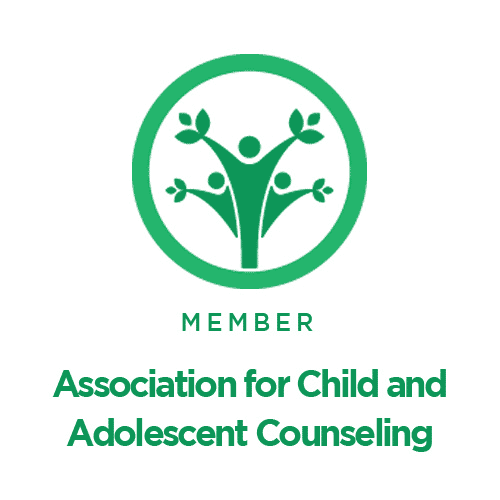What does Demi Lovato, Lady Gaga, Paula Abdul, Elton John, Kesha, Princess Diana, Hilary Duff, Mary-Kate Olsen, Candace Cameron Bure, Ginger Zee, Zayn Malik, Alanis Morrisette, Zoe Kravitz, Portia De Rossi, Nicole Scherzinger, Shawn Johnson, Russell Brand, Kate Winslet, Molly Sims, Katharine McPhee, Jane Fonda and Christina Ricci all have in common? Each of these famous people have dealt with an eating disorder.
According to Healthline, eating disorders are a range of psychological conditions that cause unhealthy eating habits to develop. “They might start off with an obsession with food, body weight or body shape.” Eating disorders include food restriction, binging or purging, vomiting, or over-exercising. They can lead to serious health problems if left untreated.
Scientists don’t know what exactly causes or predicts someone to develop an eating disorder. “In general, most experts agree that eating disorders are complicated illnesses that stem not from a single cause but from a complex interaction of biological, psychological and environmental factors.” Very Well Mind. Genetics, perfection, low self-esteem, poor body image, social pressure to be thin, stress, being bullied, relationship/family discord, trauma or abuse, participating in a sport or activity where weight and size are emphasized, and type 1 diabetes are all risk factors that can play a role in the development of an eating disorder.
Did you know that approximately 28.8 million Americans will suffer with an eating disorder at some point in their lives? Studies show that two-thirds of people with an eating disorder have a co-occurring anxiety disorder or OCD. With anxiety, things feel out of a person’s control which can trigger or perpetuate an eating disorder. Eating disorders often have less to do with food and more about emotional distress. “People who develop eating disorders become preoccupied with thoughts about food and body image as a defense mechanism that distracts them from focusing on more painful thoughts or experiences.” Hilary Weinstein NYC Psychotherapist. The good news is that co-occurring eating and anxiety disorders can be worked on simultaneously and seeking professional help has the best prognosis for long term recovery, which is possible.
It’s scary to watch a loved one suffer from an eating disorder and much like any other mental health diagnosis, finding the “right” way to support someone can be difficult. Here are ten tips to help you support someone with an eating disorder:
- 1. Educate yourself about eating disorders.
- 2. Ask what you can do to help but understand the person may not fully know.
- 3. Don’t comment on their weight or your own weight.
- 4. Don’t comment on what they or you are eating.
- 5. Don’t talk about food being healthy or unhealthy.
- 6. Don’t tell someone to just snap out of it.
- 7. Offer support in seeking help.
- 8. Remember they are more than the eating disorder.
- 9. Tell them you might not understand but you are there to listen.
- 10. Offer to do things with them that they enjoy.
If you or your child are currently dealing with an eating disorder and need support, consider getting professional help. At A Little Counseling, our therapist’s use cognitive behavioral therapy- which research shows is one of the most effective forms of therapy for the treatment of eating disorders. Give us a call, we’d love to help you or your child on your journey to recovery.








